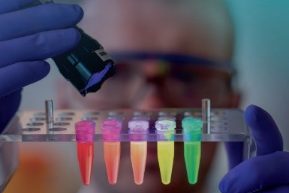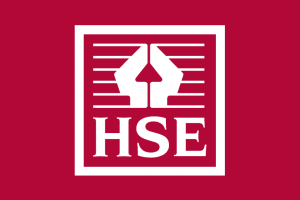Earnings slip at acquisitive European Metal

HIGHER metals prices and an aggressive acquisition strategy helped European Metal Recycling drive turnover by 38% last year.
The Warrington-based multi-national saw sales grow to £3.1bn in the year to December.
But the global recession in the second half led to “unprecedented price attrition” and was “more severe” than anticipated.
Pre-tax profits at the group fell 47% to £63.4m mainly due to a goodwill impairment, reflecting market deterioration, of £41m.
EMR was forced to cut jobs and mothball some of its sites, although it did not detail locations and staff numbers in its latest accounts. Its cash position is strong, however, with £182m of undrawn committed borrowing facilities.
In their report the directors said: “The downturn in market conditions. whilst expected, was more severe than that anticipated by the board. Notwitstanding the fact that EMR – through its scale, culture and significant historic capital investment – is a low cost operator, the group responded quickly to the changed commercial environment.
“In the face of reduced purchase and sales volumes, EMR undertook a number of corrective actions including reducing headcount and temporarily mothballing certain sites and operations.”
During the year EMR bought the remaining 50% of US-based Camden Iron & Metal and completed other bolt-on acquisitions in the Philadelphia area.
It also acquired J & W Robinson (Glasgow) and since the year end it has bought the long-established Sunderland Metal Company.
EMR has also continued to pursue its interests in plastics recycling. It has a joint venture with MBA Polymers and expects to have a new UK facility up and running next year.
EMR is one of the largest metal recycling companies in the world with 100 sites globally. It was formed in 1994 by Sheppard family and now employs 2,600 people around the world.







